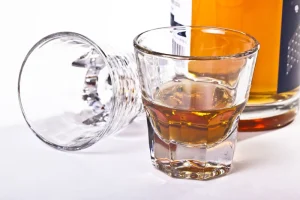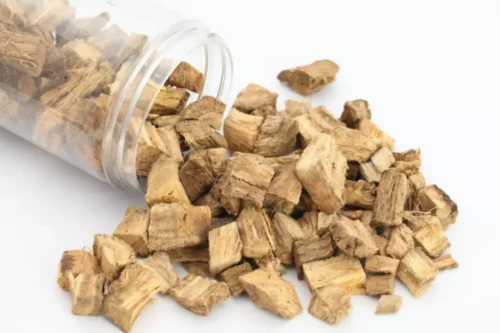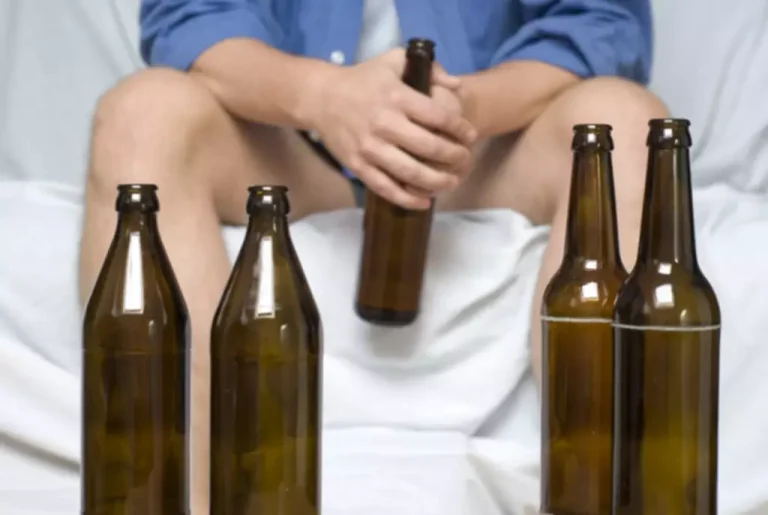
Ultimately, each veteran’s experience is unique, and there is no experience that you have to go through to be considered traumatized. If you find it hard to live with the aftermath of your service, particularly if you are engaging in blackout drinking or other unhealthy behaviors, you may be at higher risk of developing alcohol addiction due to an underlying mental health issue. The consistent association between PTSD and AUD has led to debate about which condition ptsd alcohol blackout develops first. One theory is that individuals with PTSD use alcohol and other substances to numb their symptoms and later develop AUD or SUD. Activated innate immune response is also noted in other psychiatric disorders, such as major depression (MD) and bipolar affective disorder, which are often comorbid with PTSD [31]. Therefore, the interaction of co-occurring disorders is important to consider in otherwise heterogeneous psychiatric patient populations.
Alcohol Use Problems Can Lead to Trauma and Problems in Relationships
To find the latest information about medications, talk to a health care provider and visit the FDA website . Some types of psychotherapy target PTSD symptoms, while others focus on social, family, or job-related problems. Effective psychotherapies often emphasize a few key components, including learning skills to help identify triggers and manage symptoms.
Co-Occurring Disorders
For individuals with PTSD, these blackouts may occur during times of extreme stress or anxiety. While not everyone with PTSD will experience blackouts, for those who do, it can present significant challenges. Among trauma-exposed participants, re-experiencing symptoms were present in 72 participants (52%), hyper-arousal symptoms were present in 51 participants (37%) and avoidance/numbing symptoms were present in 47 participants (34%).
Arousal and reactivity symptoms include:

Find tips to help prepare for and get the most out of your visit and information about getting help. Not everyone who lives through a dangerous event develops PTSD—many factors play a part. Some of these factors are present before the trauma; others become important during and after a traumatic event.

Data from this sample has been previously reported in Simons, Simons, O’Brien, Stoltenberg, Keith, and Hudson (2017). The previous paper does not include the experience sampling data reported here. If blackout drinking or binge drinking have become regular occurrences in your life, you may already be addicted to alcohol. This is especially true if you notice your relationships becoming strained or if you start experiencing new problems at work.
- These findings are somewhat consistent with the present findings, indicating that individuals with poor coping skills may be led to use alcohol in the face of difficulties with hyperarousal or goal-achievement.
- The PTSD variable was the percentage of items endorsed across all assessments.
- These two condition can share a bi-directional nature, and may require dual diagnosis treatment in order to help one recover.
- This cross-sectional study cannot imply a causal association between inflammation, trauma, and other clinical measures.
- Addiction to alcohol and PTSD (Post-Traumatic Stress Disorder) are very commonly present together as those who have experienced trauma often turn to alcohol to numb their pain.
Sexual abuse has also been a significant traumatic event, leading to PTSD, especially in women. The resultant psychological and physical symptoms were categorised as war neurosis. Since the late 1970s, several U.S. surveys have collected information on mental health conditions, including AUD, SUD, and PTSD. These surveys include the Epidemiological Catchment Area (ECA) program, the National Comorbidity Survey (NCS), and the National Epidemiologic Survey on Alcohol and Related Conditions (NESARC).

Getting to NIMH
Current study
- The more genetically susceptible an individual is, the less alcohol is required to black out.
- Furthermore, the environment at PCP is designed to promote recovery by offering continuous professional support and therapy.
- In short, persons receiving residential treatment at the centers between August and December, 2010, were invited to participate in the study.
- The bursts were separated by approximately 3 months and research staff contacted participants to schedule the appointments.
- Finally, two studies in this virtual issue focus on military personnel and veterans.
